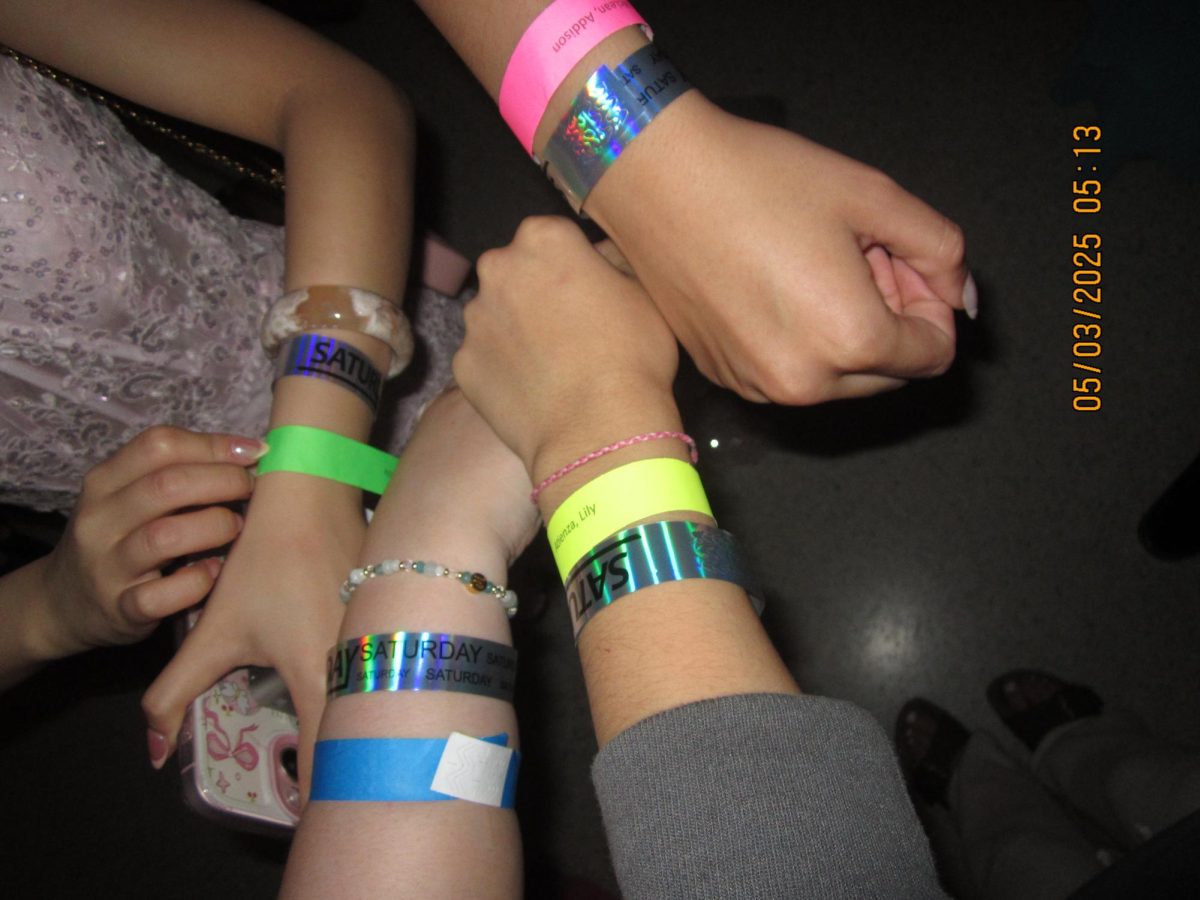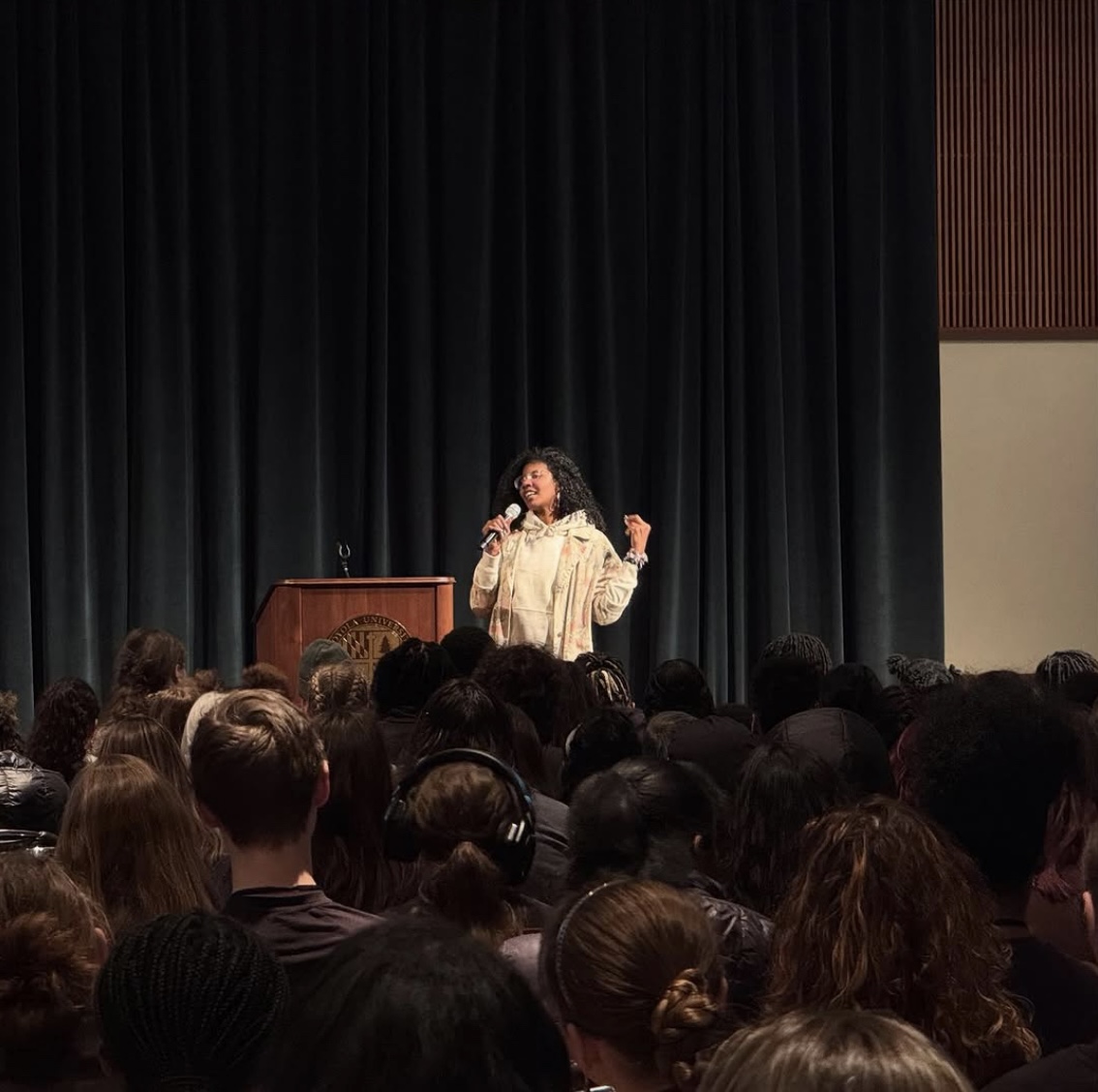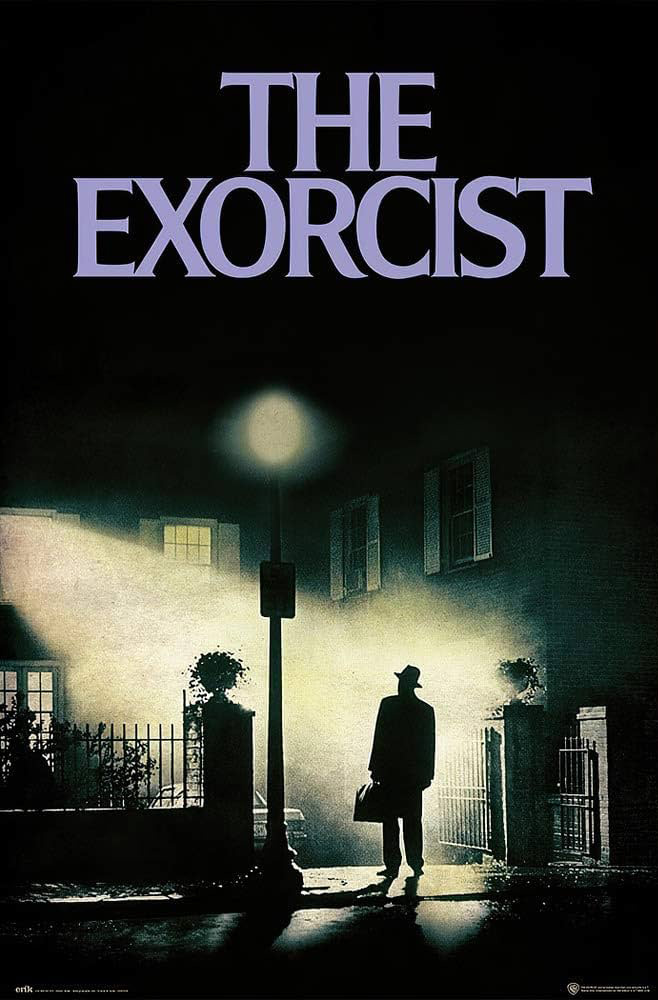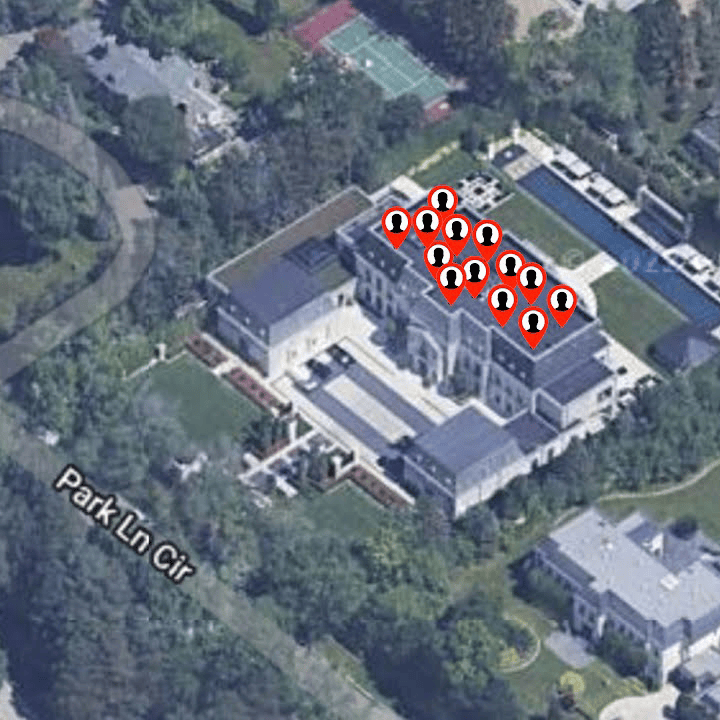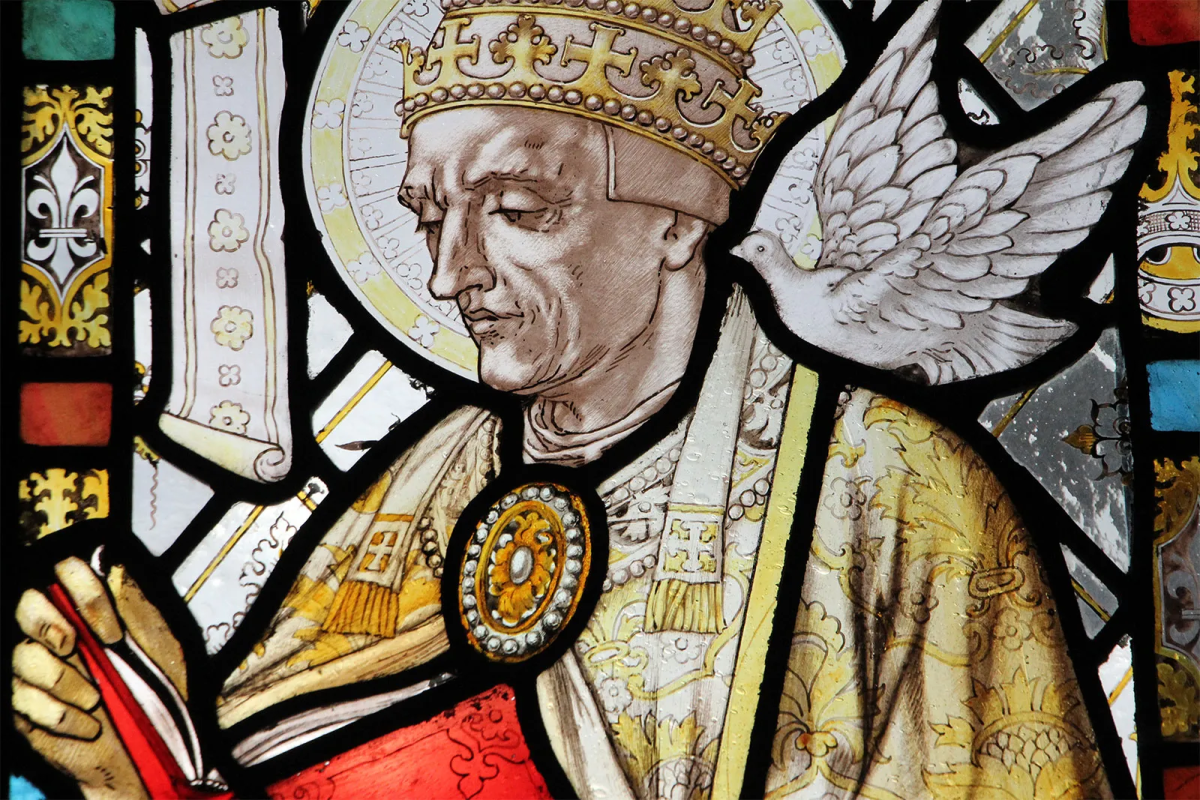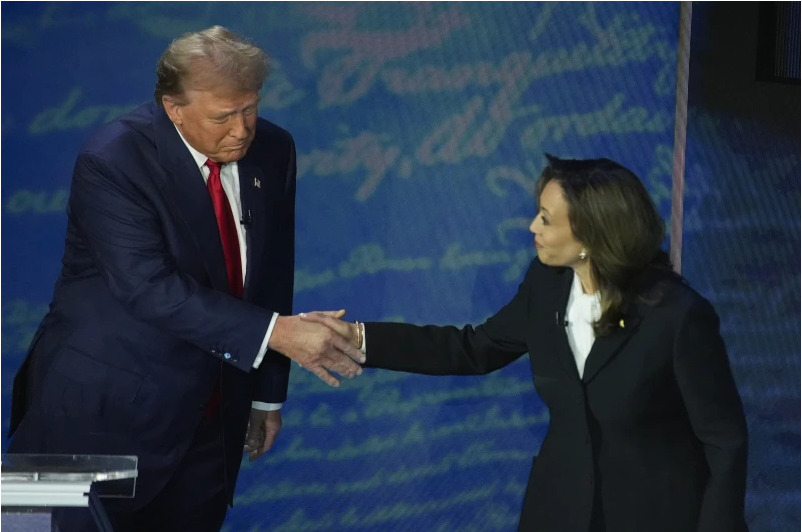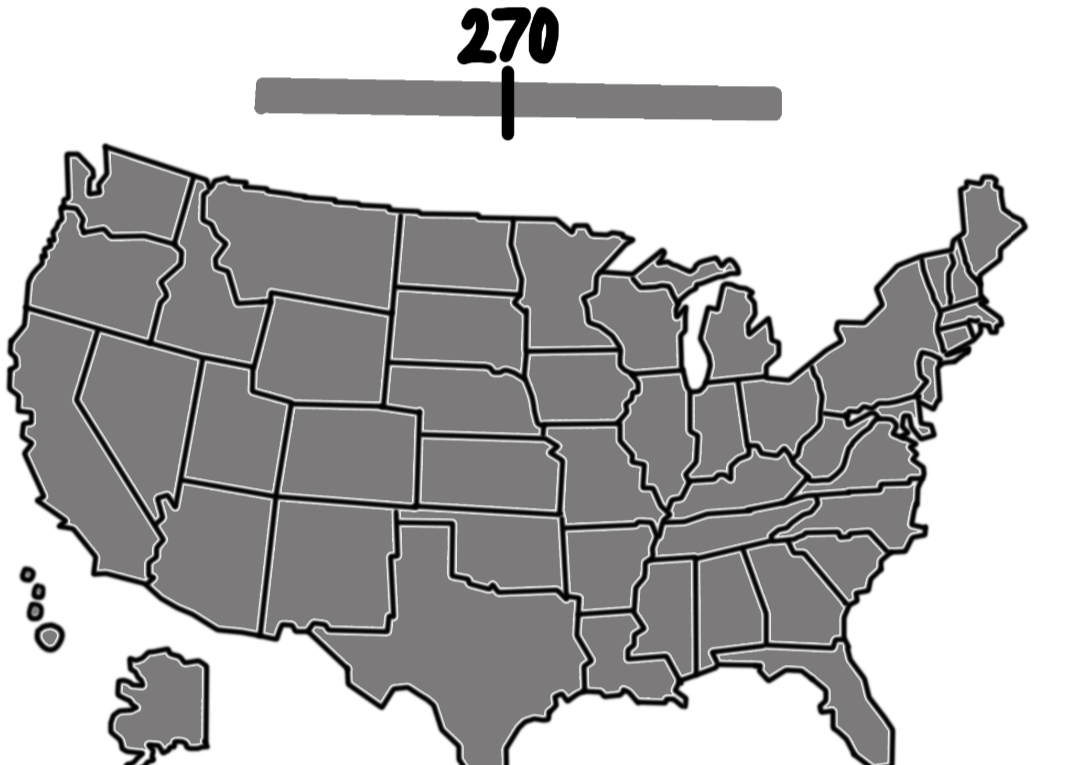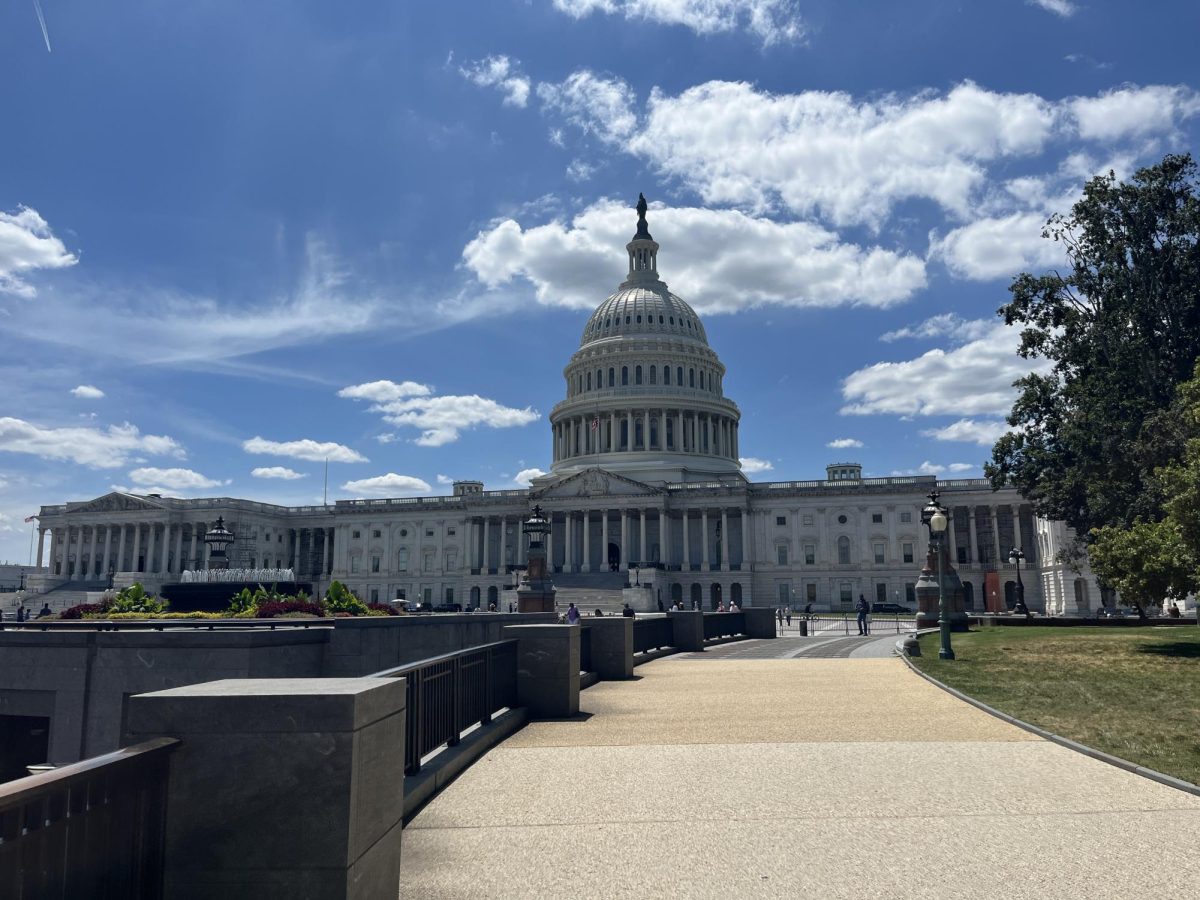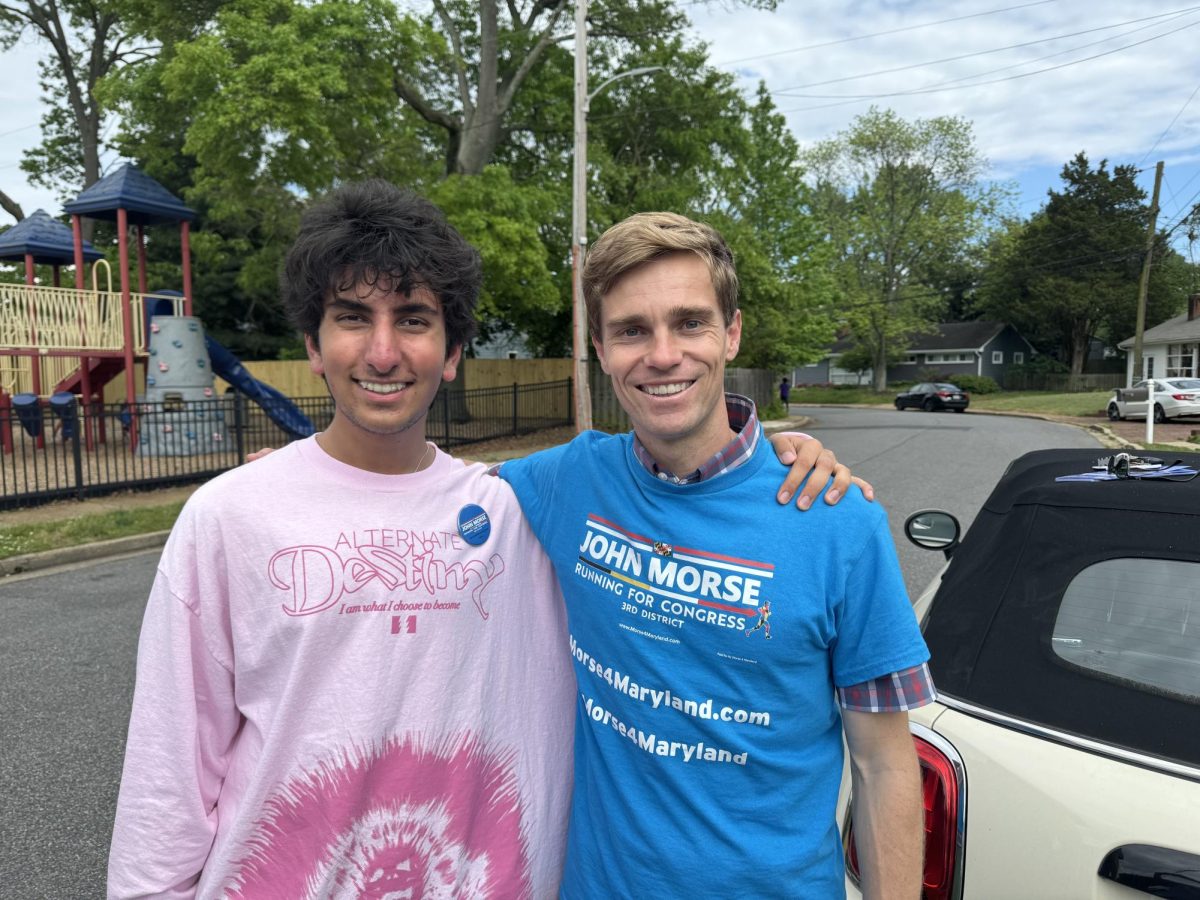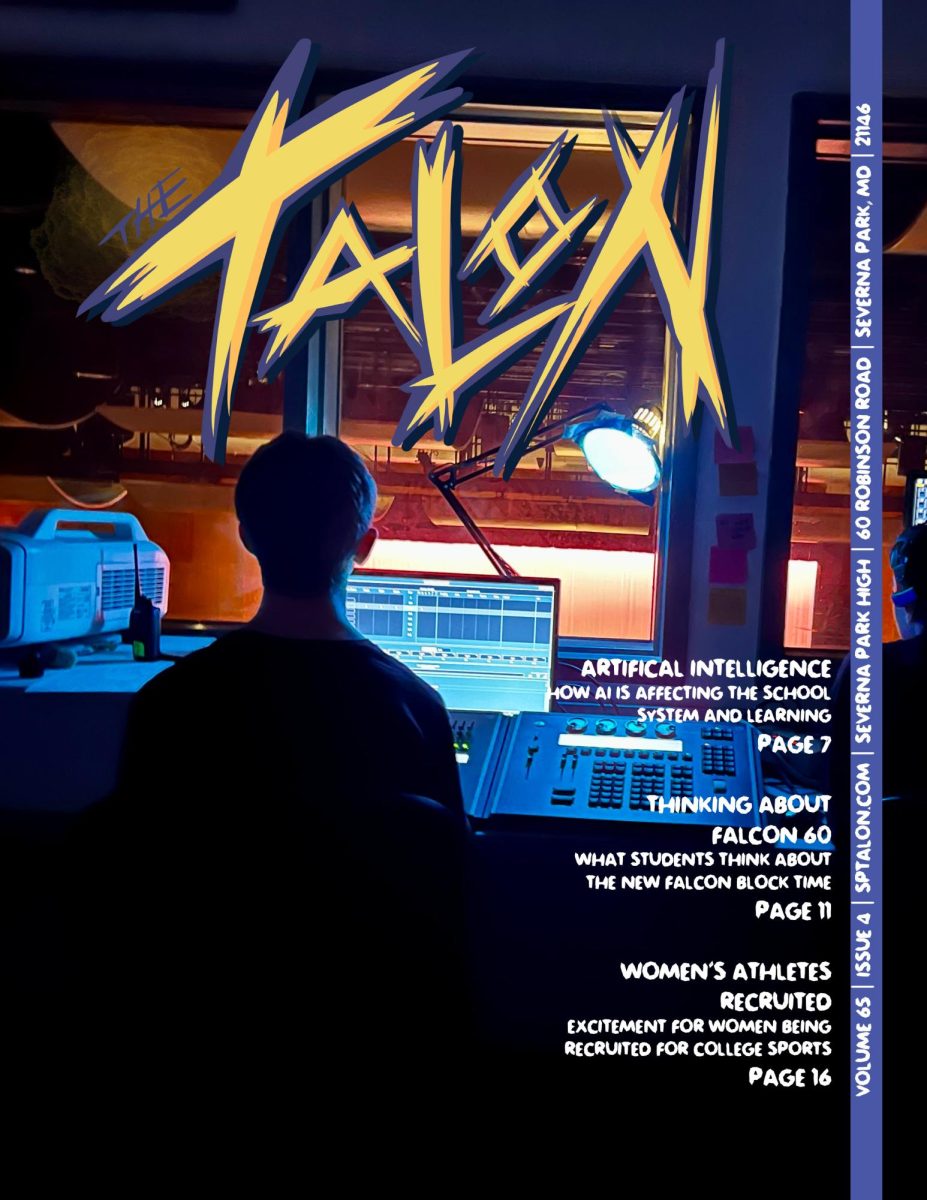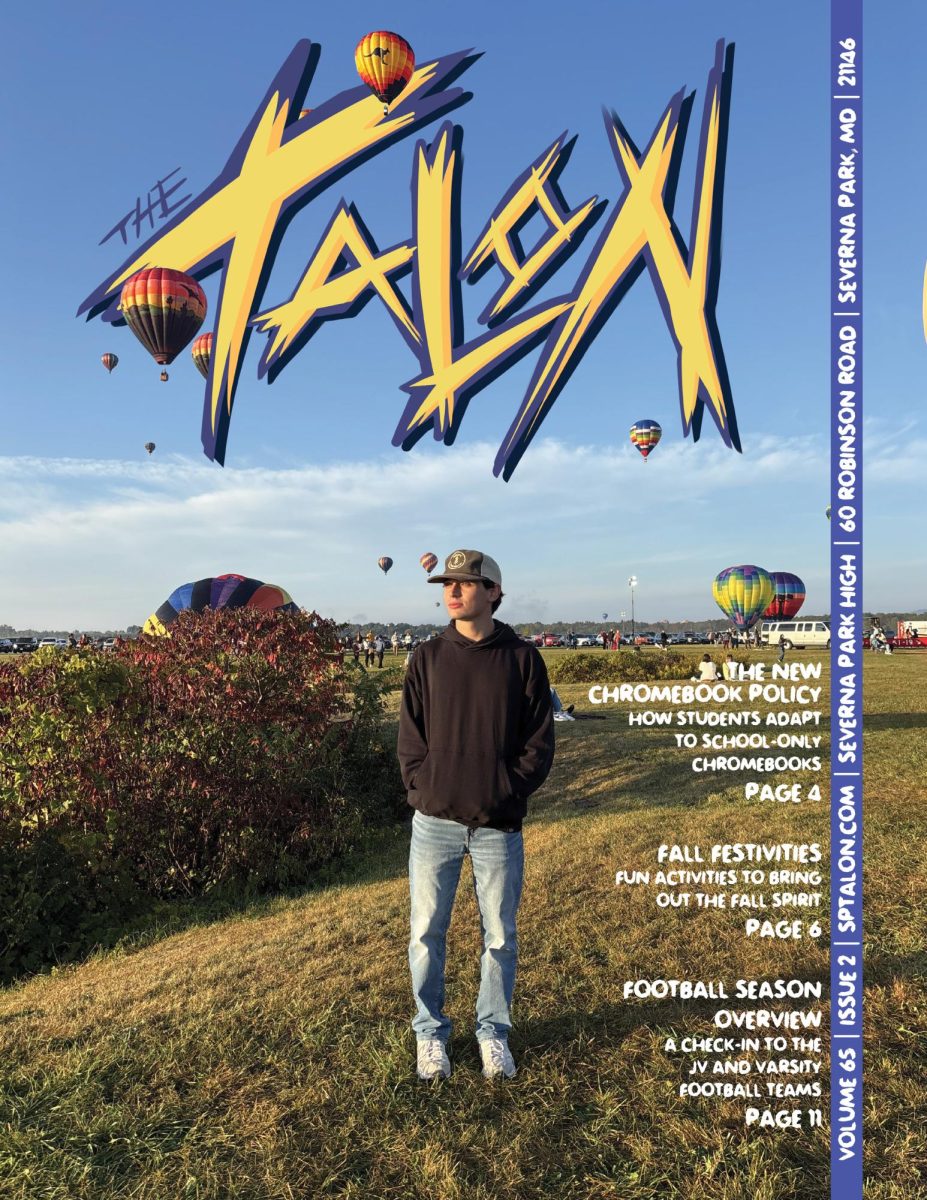Following the death of Pope Francis on Easter Monday, debates have sprung up about who will be his predecessor. While there’s no way to know who exactly will be chosen, many news sources have taken their guess. According to the New York Times, Cardinals Pietro Parolin and Luis Antonio Gokim Tangle have been the most mentioned candidates.
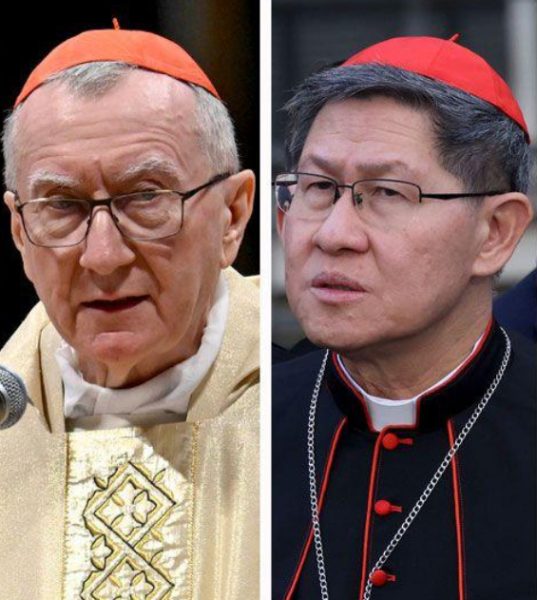
But how exactly does someone get into that position? And could that someone be you?
In order to be eligible for consideration to become the next pope, there are a few (surprisingly simple) requirements you have to meet. These requirements are decided by Canon law, the body of law which governs the Catholic Church.
Technically, according to Canon law, any baptized, unmarried male is eligible to become pope. The only stipulation is that he must be ordained as a bishop upon accepting election.
So, if you’re a baptized, unmarried man, congratulations! You’re on your way to becoming pope.
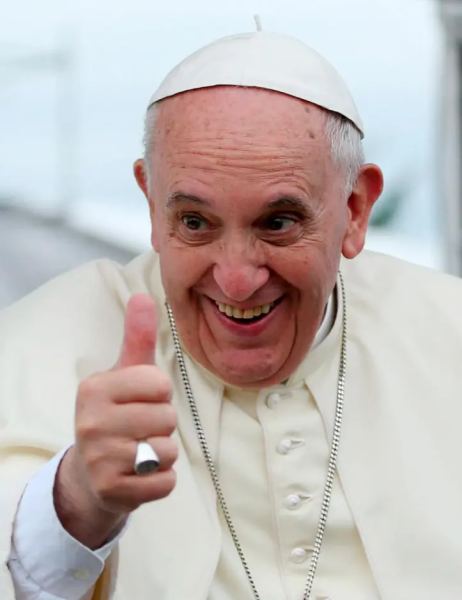
The next hurdle is the actual election. Voting happens at the papal conclave, where the College of Cardinals gathers 15 to 20 days after the pope’s chair becomes “lawfully vacant.” Cardinals, the senior-most clergy in the Catholic Church other than the pope, are the only eligible electors in the conclave. 135 of the Church’s 252 cardinals will be eligible to vote in 2025, but only 133 will be in attendance. The Cardinals vote secretly by writing the name of their chosen candidate on a ballot, and they continue voting until a new pope is chosen by a two-thirds majority.
This is our next roadblock in becoming pope. How do you win the favor of 135 cardinals?
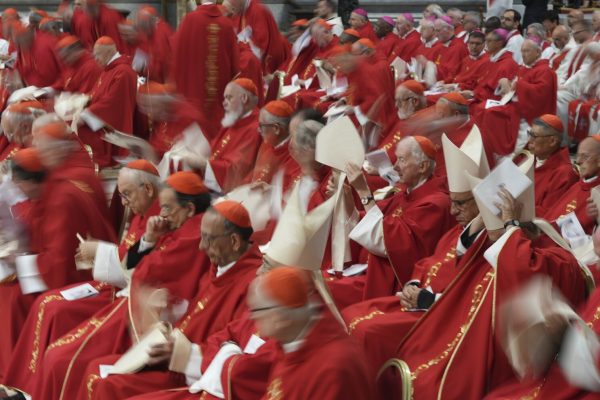
Since a two-thirds majority is needed, you would need the votes of a minimum of 90 cardinals. Though it may be possible, there is another option. After the cardinals cast their vote, The ballots are then put into a chalice, and three cardinals called ¨scrutineers¨ count the ballots and record the votes. According to the New York Times, ¨One scrutineer shakes the urn to mix up the ballots. Another transfers the ballots from the first urn to the second while counting them. Once all votes are cast, a scrutineer starts tallying the votes, announcing the name of each cardinal who has received a vote. A second scrutineer repeats this process.¨ So, hypothetically, if someone were to convince these three cardinals that they were the right candidate for pope, voting results could easily be tampered with (hypothetically).
Becoming pope is a feat with many trials and tribulations to conquer, but it’s in no way impossible. So if the pope life is calling to you, go for it!

